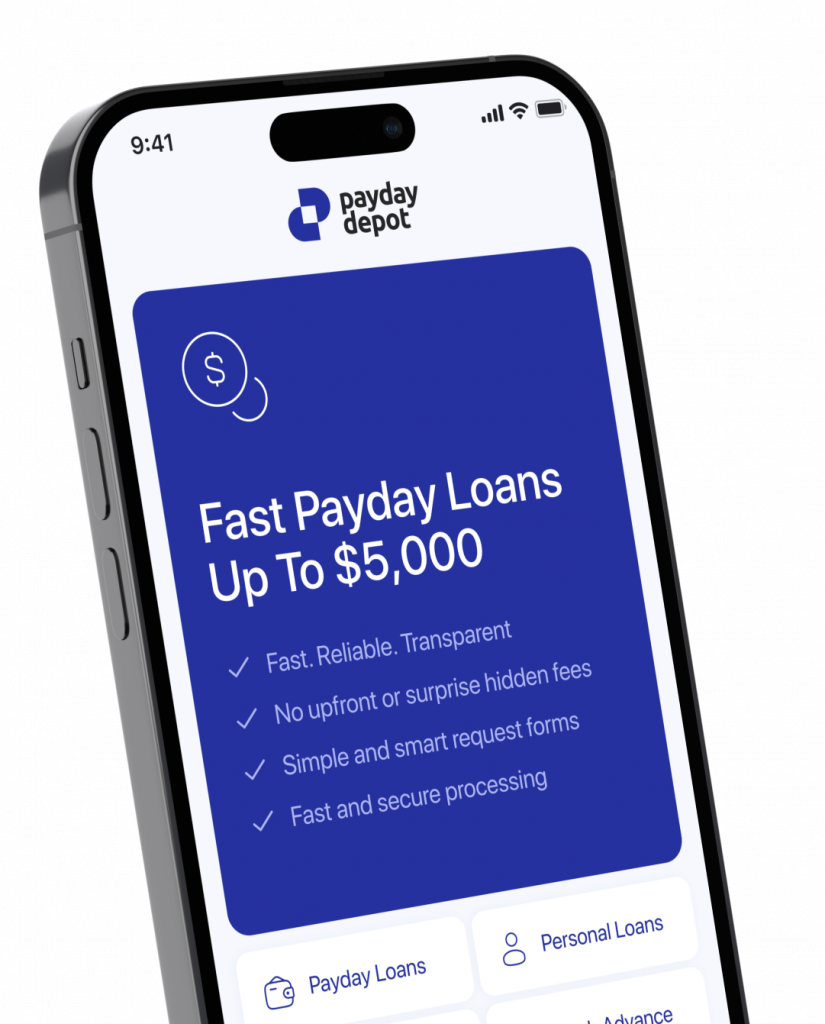Responsible Lending Practices
We do not endorse or represent any lender, nor do we provide loans ourselves. However, we strive to match you with lenders whose loan products meet the needs you submitted in our Web form.
We put forth the maximum amount of effort to ensure that all of our network’s lenders are legitimate loan providers who adhere to local, state, and federal laws, as well as industry-wide best practices. We also do our best to ensure that all loan providers carry out fair and responsible lending practices.
Because many states have their own specific regulations regarding short-term loans, we understand that the industry can be quite confusing. Due to this, we provide you with educational material and other information that is necessary to answer frequently asked questions about short-term loans within the U.S.
Upon reading this section, you will be provided with basic information regarding the U.S.’s primary laws and acts that protect consumers from unfair short-term loan practices. We strongly recommend that you review this information, as well as our FAQ, How It Works, and Rates and Fees pages. By doing so, you will be able to better understand the credit options that are available to you. This can help you to make reasonable and informed credit decisions.
Fair Debt Collection Practices Act
We insist that our contracted lenders must follow the Fair Debt Collection Practices Act and the subsequent guidelines that it puts in place. We do not provide a lending service, so we shall never try to collect your debt. However, our lenders have every legal right to use lawful means to collect your debt if you have an unpaid loan. The lenders must follow the provisions of the Fair Debt Collection Practices Act while doing so. Some actions that are considered to be violations are:
– Using harmful tactics or oppressive, foul, or harassing language to collect a debt;
– Contacting debtors prior to 9 a.m. or after 8 p.m. (according to the debtors’ local time zones);
– Falsifying information, using deceptive tactics, or misrepresenting a company in an attempt to collect a debt;
– Threatening criminal charges or any other form of legal action where such actions are not warranted.
If a lender within our network is found to violate these guidelines, they shall be immediately removed from the network. Furthermore, we shall report them to law enforcement.
Fair Lending Act
The Fair Lending Act was created to give all consumers equal access to credit, regardless of their age, gender, race, religion, creed, or any other non-financial factors. This Act ensures that all consumers have access to loans (as well as other kinds of consumer credit), so long as they can fulfill the financial and legal guidelines associated with the obtainment of such credit. The Act prevents any discrimination against consumers when they are attempting to obtain these forms of credit. If you believe that you have been discriminated against, contact your local Consumer Financial Protection Bureau’s Equal Opportunity and Fair Lending Office.
Truth in Lending Act
The Truth in Lending Act was created to make sure that consumers have all relevant information about a credit offer available to them in writing prior to taking any responsibility and e-signing the contract (or before they decide to extend any credit offer). Lenders must disclose rates, interest, terms, and fees associated with a loan to the consumer before they are allowed to provide any credit. Every state has its own specific regulations about short-term lending, and lenders must make sure that all of their offers are aligned with each regulation.
State Regulations
A large number of states have their own unique regulations regarding the short-term lending industry in order to protect consumers. Some points of regulation that may vary from state to state include fees and interest, the maximum allowable loan amount, rollover availability, and more. Check out Rates and Fees page for more information about the regulations enforced by specific states. We will provide you with links to the relevant government websites, alongside detailed explanations of state-to-state short term loan rate limits and regulations.
